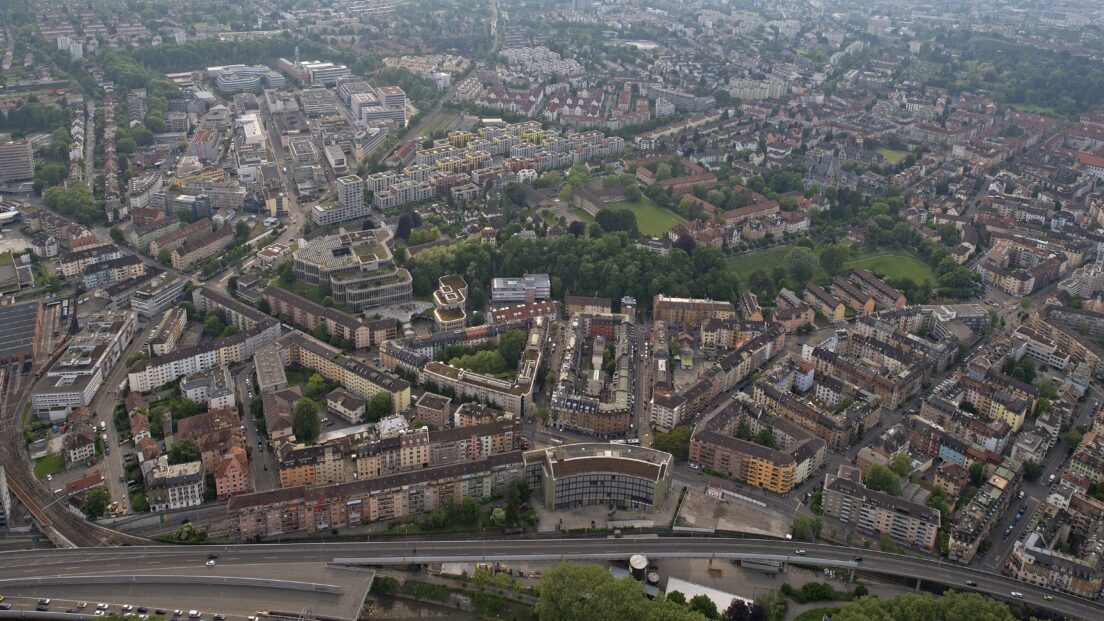Climate-neutral showcase neighbourhood

The city of Zurich is planning to set an example of climate sustainability with the "Net Zero Pilot Neighbourhood" project in the Binz/Alt-Wiedikon area. With a budget of CHF 7.7 million, a neighbourhood is to be created over the next six years that will actively develop and test new climate protection measures.
The city of Zurich is setting new standards in terms of climate protection. With the decision to establish a “net-zero pilot neighbourhood” in the Binz/Alt-Wiedikon area, the City Council is underlining its commitment to sustainable urban development. This area, which includes industrial and residential zones, was specifically selected to test a wide range of climate protection measures under real-life conditions. The neighbourhood is to become a model for environmentally conscious coexistence, with the promotion of a sense of community playing a central role. The approach that climate protection is a shared responsibility is to be reinforced by involving all residents, regardless of their origin or professional background, in the project development.
One focus of the project is on the direct participation of neighbourhood residents. They are encouraged to contribute their own suggestions for climate protection measures and actively participate in their implementation. In addition, 15 initiatives will be proposed at the start, which will be tackled immediately. These include measures to reduce waste and promote sustainable nutrition in catering establishments.
The “net zero pilot district” not only serves as a testing ground for sustainable urban development, but also as a learning environment in which the failure of projects is also seen as a valuable experience. The successful approaches have the potential to be transferred to other neighbourhoods and thus contribute to achieving the city’s climate targets.
The City Council is providing a credit of CHF 7.7 million for the realisation of this ambitious project, of which CHF 3 million is earmarked for projects from local initiatives and a further CHF 2.5 million for participatory projects. Although the proposal is widely supported, there are also critical voices calling for a more detailed concept for implementation. However, the City of Zurich’s parliament, the municipal council, voted in favour of the city council’s plans by a large majority. With this project, Zurich is emphasising its leading role in the area of climate-friendly urban development and sending out a signal about the importance of local climate protection initiatives.